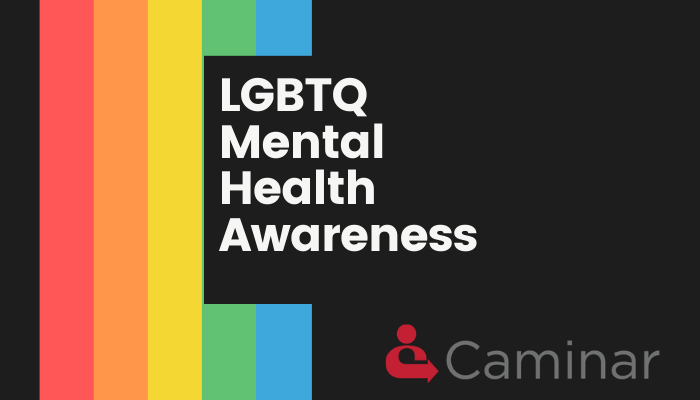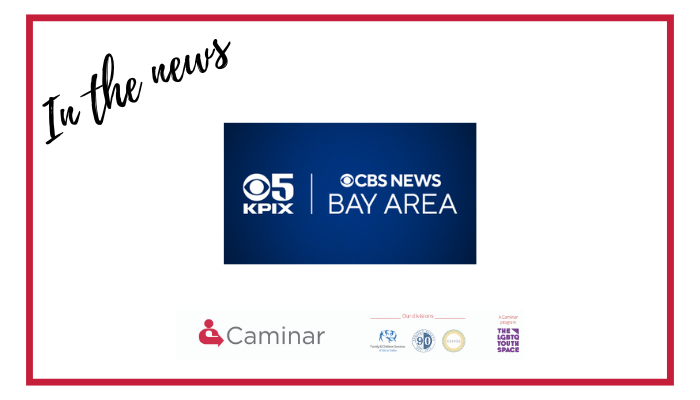The LGBTQ community experiences higher rates of mental health challenges than the rest of the population. The Human Rights Campaign (HRC) Foundation analyzed data from the most recent Behavioral Risk Factor Surveillance System (BRFSS) and made the following observations:
MENTAL HEALTH IN LGBTQ ADULTS
59% of LGBTQ adults and 60% of transgender adults are battling poor mental health today.
As a result of poor mental and physical health, 19% of LGBTQ adults and 28% of transgender adults say they have sustained periods of time in which they are unable to do usual activities, such as self-care, work, or recreation, compared to 15% of non-LGBTQ adults.
Only 39% say they have been diagnosed with a depressive disorder, despite high prevalence of depressive symptoms among the entire community.
MENTAL HEALTH IN LGBTQ YOUTH
· More than half of LGBTQ youth (54%), 61% of transgender youth, and 61% of questioning youth are battling symptoms of depression, compared to 29% of non-LGBTQ youth.
Only 41% of LGBTQ youth have received psychological or emotional counseling.
35% of LGBTQ youth, 45% of transgender youth, and 40% of questioning youth have seriously considered attempting suicide, compared to 13% of non-LGBTQ youth.
LGBTQ youth who have at least one accepting adult in their life were 40% less likely to attempt suicide.
Mental health challenges for the LGBTQ community are often due to stigma, discrimination, and bias and statistically, there are greater mental health disparities for transgender communities than LBGQ communities.
High costs of care and a lack of health insurance coverage contribute to these challenges, as does an undersupply of culturally competent providers for the LGBTQ community. According to the HRC Foundation observations, nearly one in ten (9%) of LGBQ people and one in five (21%) of transgender people said that they received harsh or abusive language from a doctor or other health care provider when receiving care.
CAMINAR’S COMMITMENT TO THE LGBTQ COMMUNITY
Caminar is committed to addressing these community-specific health disparities in an affirming and supportive way.
In Santa Clara County, our LGBTQ Wellness Program was founded in 2015 to support the mental health of LGBTQ (lesbian, gay, bisexual, transgender, queer, questioning) community members and allies by providing outreach, education, and advocacy services that encourage social support and holistic wellness.
Also in Santa Clara County, our LGBTQ Youth Space Program empowers lesbian, gay, bisexual, transgender, queer, questioning, and ally youth and young adults in Santa Clara County through culturally competent, youth-driven counseling and support services.
We are also in the process of hiring a Transgender, Non-binary, Gender Expansive Services Specialist. This person will work under the supervision of our clinical manager and work closely with our multidisciplinary team to expand access to our services, identify new resources for clients, foster collaboration with community-based organizations, educate other staff and service providers about culturally competent care for transgender/non-binary/gender expansive people, and advocate for clients.
LGBTQ CRISIS/SUICIDE PREVENTION RESOURCES
Transgender Community
Trans Lifeline - 877-565-8860
All Ages
GLBT National Hotline - 1-888-843-4564
LGBTQ Youth
LGBT National Youth Talkline - 1-800-246-7743
TrevorLifeline - 1-866-488-7386
TrevorText - Text START to 678-678
The Steve Fund Crisis Textline* - Text STEVE to 741741
LGBTQ Adults
Lifeline* - 1-800-273-8255
Crisis Text Line* - Text HOME to 741741
* Resources that are LGBTQ-inclusive






